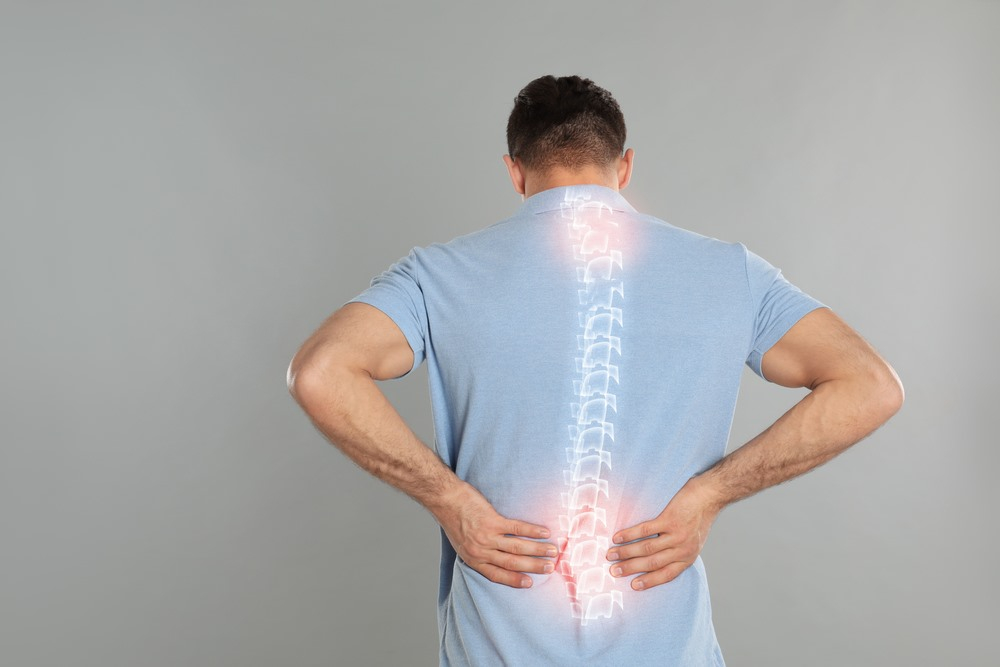Bone Health: Tips to Keep Your Bones Healthy

In the grand tapestry of our health, we often overlook a fundamental element that holds everything together—our bones. Just like the foundation of a building, bone health is crucial for our overall well-being. Neglecting it can lead to a multitude of problems down the road, including osteoporosis and fractures. But don't worry; we're here to guide you through the journey of maintaining and improving your bone health. In this comprehensive blog, we will delve into the importance of bone health and provide you with a plethora of tips and strategies to keep your bones strong and resilient. In this comprehensive blog, we will provide you with tips to keep your bones healthy, discuss the importance of bone health, and explore factors that affect it.
Why is Bone Health Important?
Before going to the tips, let's understand why bone health is important. It's essential to recognize why maintaining strong and healthy bones is crucial for your overall well-being. Here, we'll break down the fundamental reasons that make bone health a top priority in your quest for a healthier life
Your Body's Support System
Think of your bones as the sturdy scaffolding that supports your body. They provide structure, protect vital organs, and anchor muscles to facilitate movement. Without healthy bones, our bodies would be mere bags of flesh and would struggle to function optimally.
Calcium Storage
Bones act as a reservoir for calcium, a mineral essential for various bodily functions. When your body needs calcium for critical tasks like muscle contraction or blood clotting, it borrows it from your bones. Ensuring your bones are well-stocked with calcium is crucial to prevent deficiency.
Protecting Bone Mass
As we age, bone density naturally decreases. Strong bone health during our younger years can help offset this loss, reducing the risk of osteoporosis and fractures as we get older.
What Affects Bone Health?
Several factors can influence the health of your bones, and being aware of them is the first step in taking control of your bone health.
Diet and Nutrition
Bone health requires a well-balanced diet high in calcium and other vital elements. In the parts that follow, we'll go into further depth about this.
Lifestyle Choices
Bone health can be adversely affected by smoking, binge drinking, and leading an inactive lifestyle. It is imperative that people recognise the value of leading a healthy lifestyle.
Hormones
Hormonal imbalances, particularly in women during menopause, can lead to a decrease in bone density. It's important to be proactive in addressing these changes.
Genetics
Your genetic makeup can also play a role in determining your bone health. If you have a family history of bone-related issues, it's even more important to adopt a bone-friendly lifestyle.
What Can I Do to Keep My Bones Healthy?
Now that you understand the significance of bone health and the factors that influence it, let's dive into actionable tips to keep your bones healthy.
Genetics
Strong bones require calcium. Dairy items include yogurt, cheese, and milk; they are great sources. If you have a lactose intolerance or would rather not consume dairy, you can substitute fortified foods and leafy greens like spinach and kale. See a healthcare provider if you think you might need calcium supplements.
Pay Attention to Vitamin D
Vitamin D is vital for calcium absorption. Spend time outdoors for sunlight exposure, which helps your body produce vitamin D. Dietary sources include fatty fish, egg yolks, and fortified foods. In cases of deficiency, consult with a healthcare professional about vitamin D supplements.
Include Physical Activity in Your Daily Routine
Exercises involving weight bearing, such as jogging, walking, and strength training, promote the growth and strength of bones. Try to get in at least 150 minutes a week of aerobic activity at a moderate level. In order to lower the risk of fractures and falls, strength training and balancing exercises are also crucial.
Avoid Substance Abuse
Smoking and excessive alcohol consumption harm bone health. Smoking inhibits calcium absorption, while alcohol weakens bones. Limit caffeine intake, found in coffee, tea, and soft drinks, to prevent calcium loss through urine.
By following these recommendations, you can proactively safeguard and improve your bone health, supporting a more active and vibrant lifestyle.
Conclusion:
Your bones are your silent supporters, working tirelessly to keep you upright and mobile. Ignoring their health can lead to significant consequences down the road. We encourage you to take proactive steps to care for your bones and ensure they remain strong and resilient. If you want to get a comprehensive assessment of your bone health, consider booking a bone wellness test with Asto Labs. Investing in your bone health today will pay dividends in the future, helping you live a healthier, more active life for years to come. Remember, strong bones are the foundation of a healthier you.





